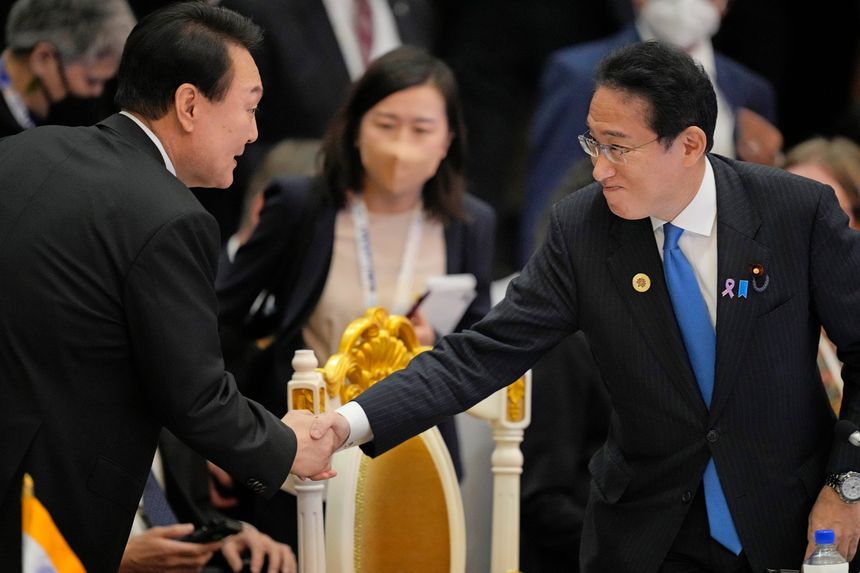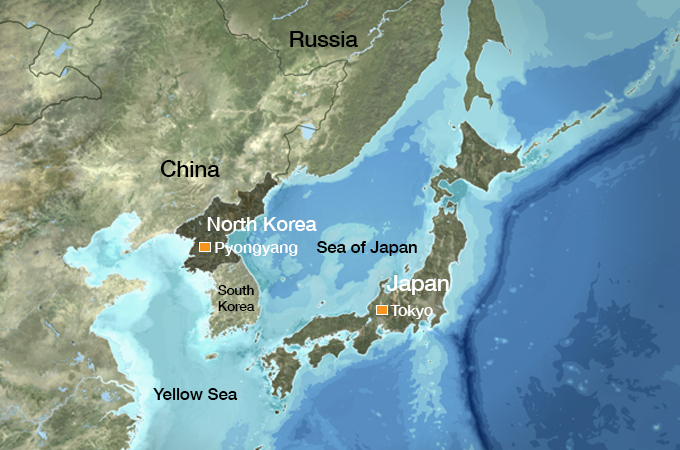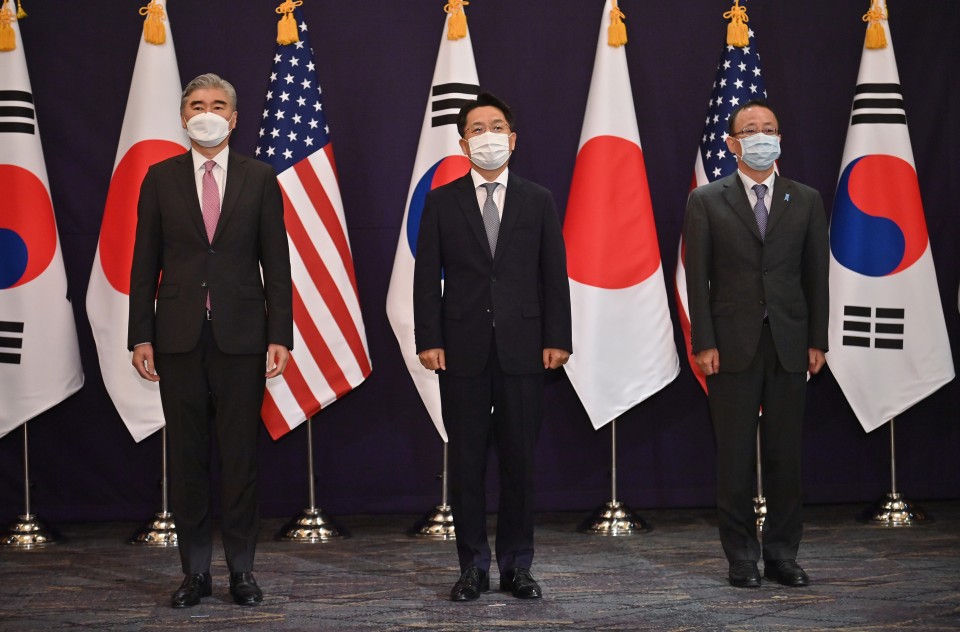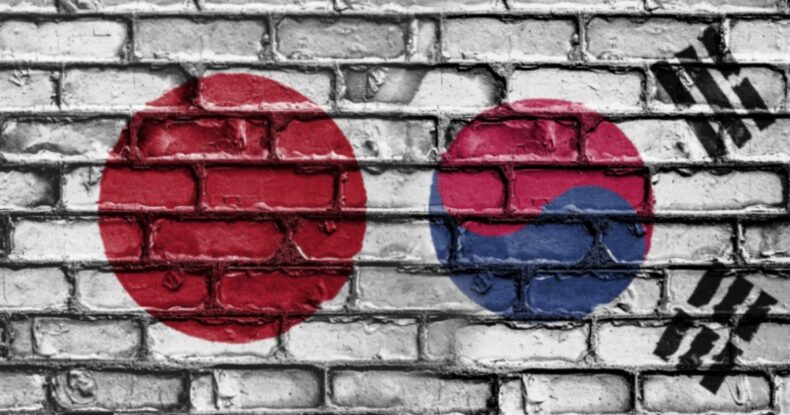A summit between the leaders of South Korea and Japan is scheduled for later this week in Tokyo. Long-standing disagreements over the past have cast a shadow on relations between South Korea and Japan. There hasn’t been a state visit between the two nations since 2011.
Prior diplomatic efforts between the two Asian giants and U.S. allies had stalled due to unresolved difficulties stemming from Japan’s 35-year colonisation of the Korean Peninsula, preventing them from cooperating on shared security concerns over China and North Korea.
On the first day of his two-day state visit to Japan, South Korean President Yoon Suk Yeol will meet with Japanese Prime Minister Fumio Kushida. When Yoon visits Japan, he will be the first South Korean president to do so since 2019.

Local media in Japan reports that to make South Korean President Yoon Suk Yeol feel at home during his visit to Tokyo, the Japanese government is serving him “omurice,” his favourite dish.
Yoon’s government has just announced a proposal to generate local civilian funds to compensate Koreans who won damages from Japanese enterprises that enslaved people during Japan’s colonisation of the Korean Peninsula from 1910 to 1945. Hence this visit comes at a very opportune moment.
To deal with North Korean nuclear threats effectively, Yoon is using the compensation plan to strengthen trilateral security cooperation between Seoul, Tokyo, and Washington.
This move has drawn backlash from former forced labourers and their sympathisers who are pushing for direct compensation from Japanese corporations.
Major Issues Stalling Japan-South Korea Relations

The years between 1910 -1945 saw Japan effectively colonising the Korean Peninsula, imposing Japanese culture and language on Koreans and enlisting thousands into forced labour. Korean women were forced into prostitution (comfort women) in military brothels before and during World War II.
Tokyo maintained that Japan had paid South Korea’s military-run government $800 million in reparations in 1965, but the money was never given to the victims of the war.
Former comfort women were compensated through a quasi-government fund when the government apologised in 1995, but many South Koreans believe the Japanese government should take more direct responsibility for the occupation.
Islands in the East Sea that are currently under South Korean control but are also claimed by Japan have been at the centre of a territorial dispute between the two countries for decades.
Several prior attempts at improved relations between Seoul and Tokyo have failed. When South Korean President Lee Myung-bak went to the contentious islands in 2012, it marked the end of a long tradition of official visits that had begun in 2004.
Tensions have risen over the past decade as conservative Japanese governments have taken steps to rearm the country while increasing attempts to whitewash Japan’s wartime atrocities.
In 2018, the Supreme Court of South Korea ordered Japanese companies Nippon Steel and Mitsubishi Heavy Industries to compensate victims of forced labour. Relations between the two countries plummeted with Tokyo’s imposition of export curbs on chemicals used to make smartphone displays, TV screens, and semiconductors.
Expectations From the Summit

The two U.S. allies, South Korea and Japan may be able to work together more closely on shared security concerns regarding China and North Korea if their relations are strengthened.
To get its allies on the same side, Washington appears to have pushed tirelessly to organise this summit.
U.S. Ambassador to Japan Rahm Emanuel stated that the United States and its two allies conducted 40 trilateral meetings, and he believes that the collaboration displayed during these sessions contributed to the development of trust between all three parties.
While Japan has been strengthening its defence relationships with the United Kingdom, Australia, India, and the Philippines, tensions between Japan and South Korea have been rising, and this posed a serious threat to US strategic alignment.
The plan is part of South Korean efforts to strengthen alliances to counter North Korea, which has been expanding nuclear-capable missiles and issuing threats of preemptive nuclear strikes.
The Yoon administration has been advocating for an increase in U.S.-South Korea joint military drills and has asked Washington for more guarantees that it will use nuclear weapons quickly and decisively if necessary to safeguard its ally South Korea from North Korea.
In addition, this week, Seoul and Tokyo announced preparations for negotiations to restore economic links between the two countries, which might ease the strain on global high-tech supply chains. In light of recent disruptions in the global industrial supply chain and other global concerns, South Korean authorities say closer economic collaboration with Tokyo is more important than ever.












